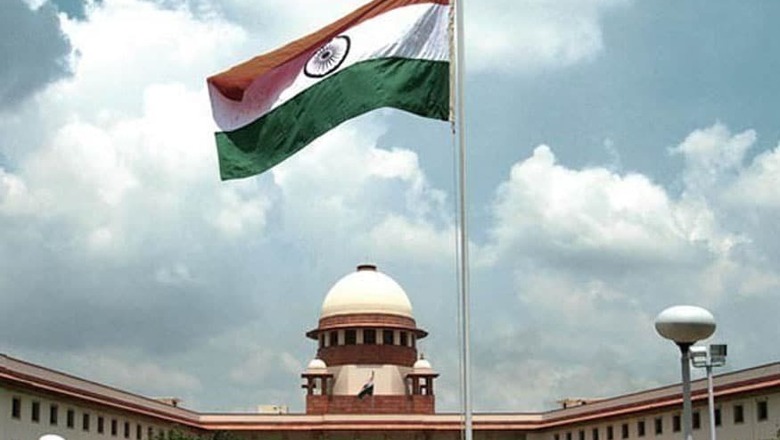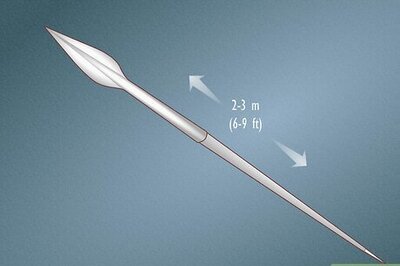
views
New Delhi: The Supreme Court has sought action taken reports from all the 24 high courts on speeding up cheque-bounce cases, which have been clogging the criminal courts by their sheer number.
A bench headed by Justice Adarsh K Goel has directed registrar generals of every high court to ready their reports and send it to the Secretary General of the Supreme Court.
The Secretary General will then collate all the reports and present them to the court on the next date of hearing along with suitable notes.
The reports by the high courts ought to clarify whether practice directions have been issued to the trial courts for expediting the cheque bounce cases under Section 138 of the Negotiable Instruments Act.
These reports will also need to point out the extent to which the directives by the high courts comply with the Supreme Court’s judgement last year in M/s Meters and Instruments Private Ltd Vs Kanchan Mehta case.
“We direct the Registrar Generals of all the High Courts to send a report to the Secretary General of this Court about the status of direction(s), if any, issued or proposed by the High Courts for dealing with cases under Section 138 of the Negotiable Instruments Act in the light of the observations of the said judgment, including the procedure of dealing with the matters on line,” stated the court order issued recently.
The order added: “The said report by the Registrar Generals may be sent on or before July 15, 2018. The same may be compiled and placed before the Court at the time of hearing of these petitions.”
By this judgment last year, the top court had sought to simplify and speed up the procedure of trials in cases of dishonoured cheques.
It had then noted that more than 20 percent of the cases in the subordinate courts deal with bounced cheques, and thus norms had to be laid down to expedite decisions and encourage compounding of offences under Section 138 of the Act, which is a criminal offence involving penal as well as pecuniary punishment. The maximum sentence under Section 138 is two years in jail, with or without monetary penalty.
The Supreme Court judgment in M/s Meters and Instruments case maintained that primacy is to be given to summary trials and compounding of offence.
As per this judgment, the complainant cannot refuse to give consent for compounding, if compensation as assessed by the court meets the ends of justice.
The bench, underlining objectives of the 2002-amendments to NI Act, held that trial courts can achieve twin objectives of summary trial and also providing compensation to the complainant if the guidelines being issued by it are followed in letter and spirit.
The judgment sought to reinforce, by way of issuing norms, already laid guidelines for expeditious trial and disposal of 138 cases, barring cases where accused person contests the complainant’s case or compensation is not adequate or sentence of more than one year is warranted.


















Comments
0 comment